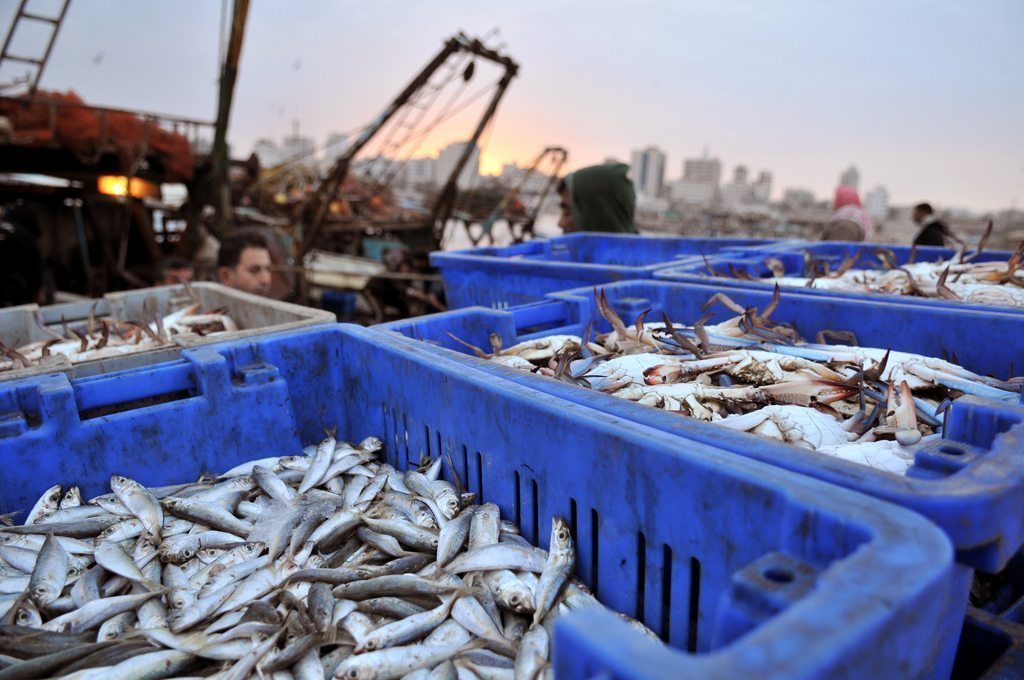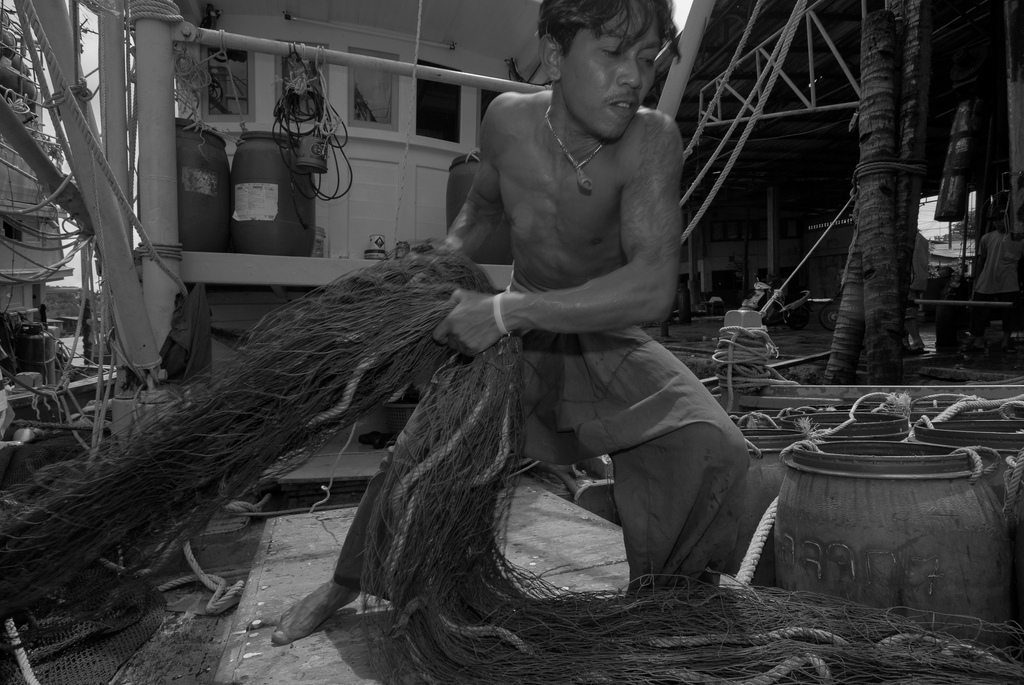The total U.S. pet industry expenditures for 2015 are estimated to be over $60 billion, according to the American Pet Products Association. Pet food will make up the largest percentage of that expenditure – estimated to be over $23 billion.
A disturbing news story recently broke that is tied tightly to the pet food industry and about the fishermen who have been kept as slave labor.
The AP Broke This Story
 The Associated Press is the organization that first discovered this story and continued to investigate it until as many as 2,000 fisherman have been freed.
The Associated Press is the organization that first discovered this story and continued to investigate it until as many as 2,000 fisherman have been freed.
American companies Nestlé and Mars now have a consumer lawsuit against them for failing to disclose the use of forced labor on the fishermen from Thailand, Myanmar, Cambodia and Laos who provide the seafood that goes into their pet food.
Thailand’s largest seafood company is called Thai Union Frozen Products and it uses a cannery called the Songkla Canning Public Company.
More than 28 million pounds of fish … all caught using forced labor … have ended up in the pet foods of U.S. companies.
The Lawsuit
 On August 27, 2015 a class action lawsuit was filed in the U.S. District Court for the Central District of California by consumers who seek reimbursement for the cost of the pet food they would not have purchased had they known human rights violations were intertwined with the making of that food.
On August 27, 2015 a class action lawsuit was filed in the U.S. District Court for the Central District of California by consumers who seek reimbursement for the cost of the pet food they would not have purchased had they known human rights violations were intertwined with the making of that food.
The suit also seeks to force Nestlé to stop its deceptive marketing and that by supporting this practice of forced labor, they forced consumers to support it as well when they purchased their pet food.
Rather than paying a fair wage for the work that was done to catch the fish used in pet food, men and boys were sold as slaves to fishing captains looking to make as much money as possible off their sweat. They are forced to “work off” the price the captains paid for them — but you know that would never happen.
These hard workers would be forever in the captain’s debt from now to eternity. And if the work wasn’t done to the captain’s satisfaction? The workers are beaten and some have died as a result of those beatings.
The lawsuit claims that Nestlé … and companies like them that participated in this ruse … knew better and didn’t stop the human trafficking. They turned a willful and blind eye for the sake of a sale.
What’s Being Done?
According to a New York Times article, Nestlé is trying to ensure that no forced labor is used in any of its Fancy Feast or Purina foods. The Mars, Inc. company is even moving away from using fish meal in any of its pet food.
The Times goes on to report that Mars intends to use only “non-threatened fish caught legally or raised on farms” by 2020.
The problem is that these pet food companies aren’t buying their fish directly from the fishing companies. It’s much farther up the chain than that. The question everyone has is this: Does that necessarily insulate mega companies from liability?
We will keep an eye on this lawsuit but, for now, it appears that the multi-million dollar fishing business at the heart of this tragedy has been shut down and as many as nine people have been arrested.









